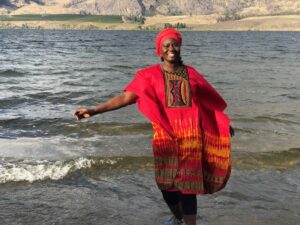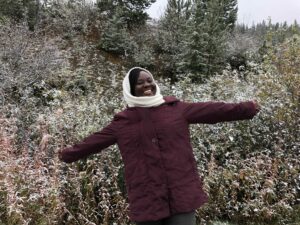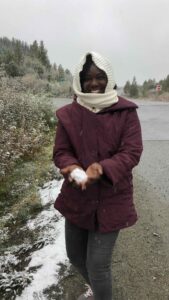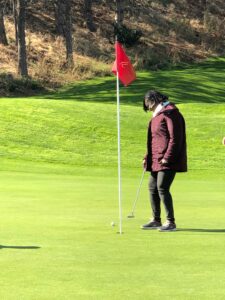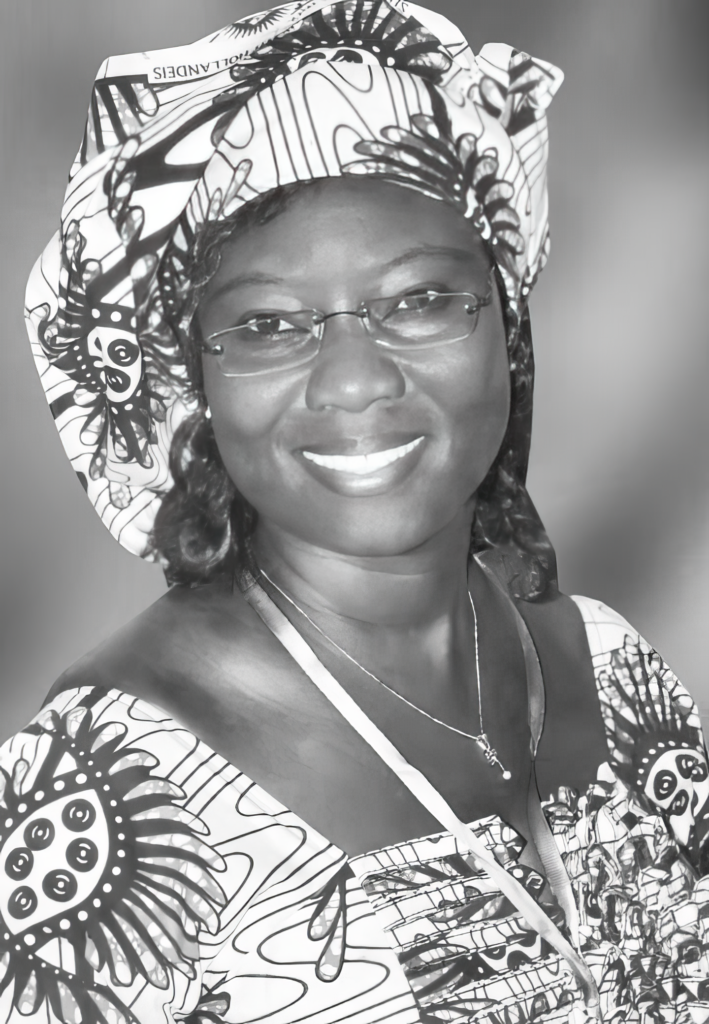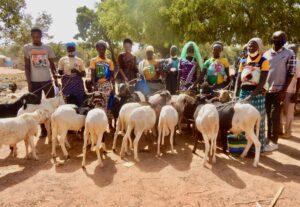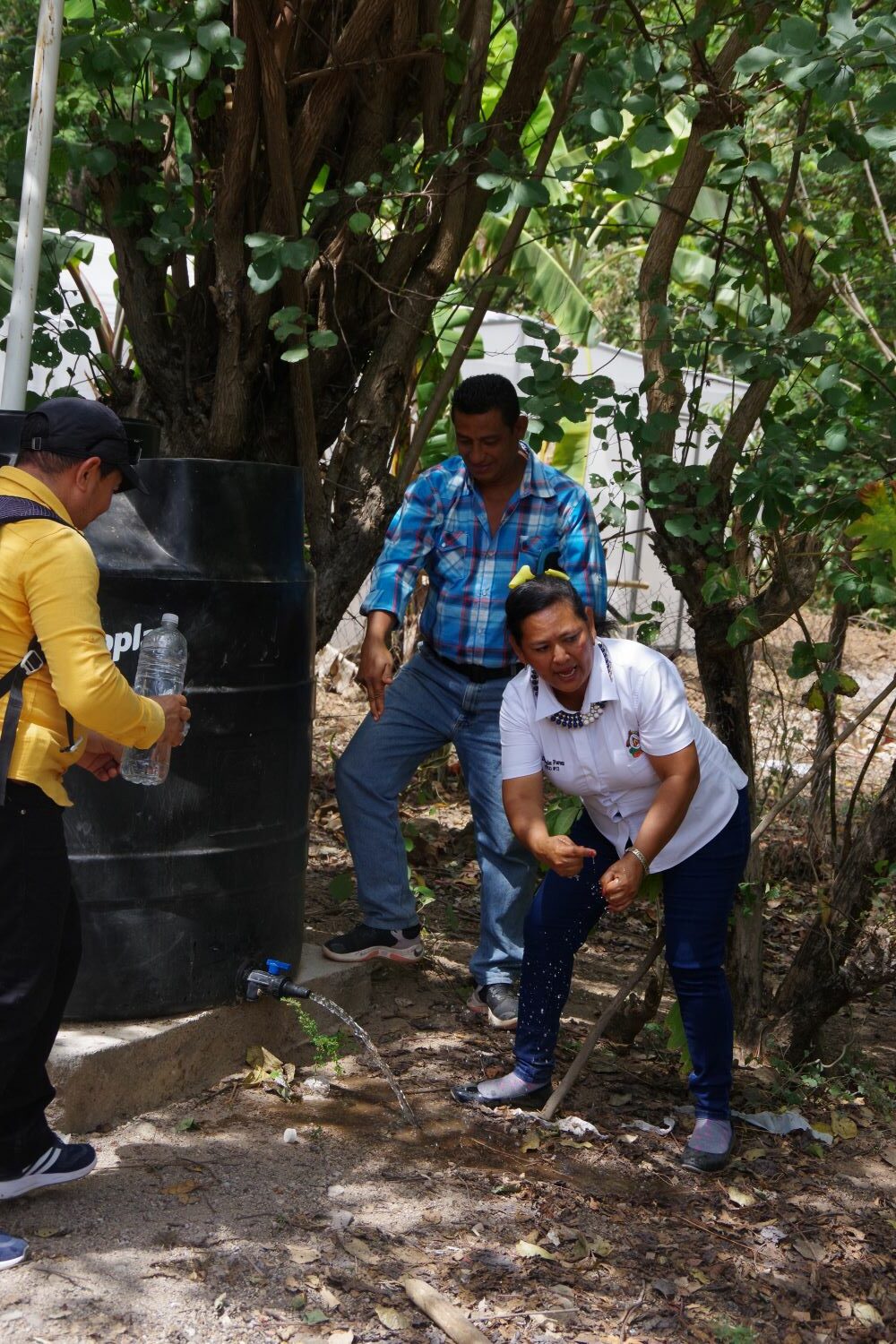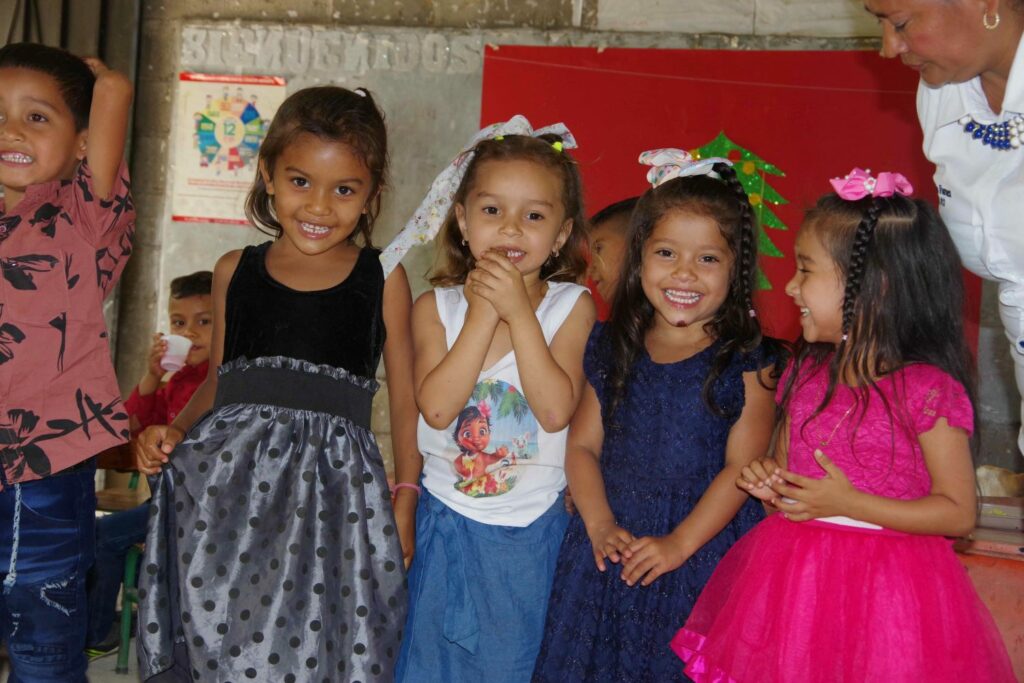- Kamloops:
Monday, February 26 at 7:00 p.m.
Kamloops United Church, 421 St. Paul Street - Oliver:
Wednesday, February 28 at 3:00 p.m.
Quail’s Nest Art Centre, 5840 Airport Road - Vancouver:
Thursday, February 29 from 6:30 – 8:30 p.m.
YWCA Hotel Vancouver, 733 Beatty Street
Registration required: https://www.bccic.ca/event/climate-change-and-conflict-in-honduras/
BC tour planned

If you are curious about how financial contributions to the local non-profit organization World Neighbours Canada (WNC) are being put to work in Honduras, you won’t want to miss one of three upcoming presentations in Kamloops, Oliver, and Vancouver.
“We are very excited about the upcoming visit of Carlos Vijil, the Executive Director of Vecinos Honduras, our partner non-governmental organization (NGO) in Honduras,” stated Judy Gray, a member of the WNC board of directors. “Carlos will be in B.C. for about a week to share his vast knowledge about Honduras.”
Gray stated Vijil is trained as a Sociologist (University of Costa Rica), and has worked in rural development for more than 50 years. He has a thorough understanding of many issues facing Hondurans today, and a passion for improving the lives of Hondurans.
“As part of Carlos’ tour in the interior of B.C., he will be in Kamloops for a few days and we’d like to offer you the opportunity to meet him and learn more about the projects that World Neighbours Canada supports in Honduras, thanks to Vecinos Honduras,” stated Gray.
Vijil will be presenting at private and public venues to talk about the work being done. You can attend a Kamloops presentation on Monday, February 26 at 7:00 p.m. at the Kamloops United Church, 421 St. Paul Street, or come and hear more in Oliver, at the Quail’s Nest Art Centre, 5840 Airport Road, Wednesday, February 28 at 3:00 p.m.
His final stop is in Vancouver, at a presentation hosted by the British Columbia Council for International Cooperation (BCCIC) on Thursday, February 29 from 6:30 – 8:30pm at the YWCA Hotel Vancouver, 733 Beatty Street.
“[Vecinos Honduras] aims to strengthen community-based organizations in rural communities so they can advocate for their own needs and priorities, to protect natural resources (including watersheds), encourage food sovereignty, and ensure sustainable livelihoods for rural people,” states the BCCIC website. “This is a unique opportunity to hear how climate change and environmental and social conflict are impacting communities in Honduras and why collaboration, solidarity and climate justice are critical.”
This session is called Climate Change and Conflict in Honduras: Building Community and Climate Resilience in the Dry Corridor, and it will allow attendees to hear more about the impact of climate change, and the political and economic forces that have exacerbated poverty and social inequity.
While the Kamloops and Oliver presentations are open to drop in, the BCCIC event requires advance registration for the free presentation. For more information, visit their website.
About World Neighbours Canada:
World Neighbours Canada (WNC) is an organization founded in southern B.C in 1989 and currently has programs active in Nepal, Burkina Faso, and Honduras. WNC works with local partners on projects unique to each area, as determined by those in the affected areas. The overall goal is to help partners analyze and solve their own problems, and to encourage and train leaders and organizations local to the project areas. World Neighbours Canada has no central office and overhead costs are minimal. This work relies on public donations, and nearly 100% of donations go directly to the program areas.
About Vecinos Honduras:
Born in 2009 to support the development of the Honduran rural sector, its objective is to “facilitate and accompany participatory and equitable processes of comprehensive human development for families and organizations in rural communities, promoting the sustainable use of resources, food sovereignty, the rescue of moral and cultural values, community health, respect to nature to protect and improve the environment and quality of life for present and future generations.”
About Honduras:
Honduras is one of the poorest countries in Latin America. In terms of per capita GDP, at US$ 2,771.70 (World Bank, 2021), Honduras is the second poorest country in the region behind only Haiti. Worldwide it ranks 137th of 191 countries in the United Nations Human Development Index (2021). Over 50% of Honduras’ total population lives in poverty and 35% of Hondurans live in extreme poverty (income of less than $2/day), with poverty concentrated in the rural areas where half the population of 10.2 million resides. Chronic malnutrition of children (stunting) is widespread. Violent crime has plagued the country for several years, related to the drug trade, corruption and political turmoil. (Sources: Vecinos Honduras, World Bank, Insightcrime.org)
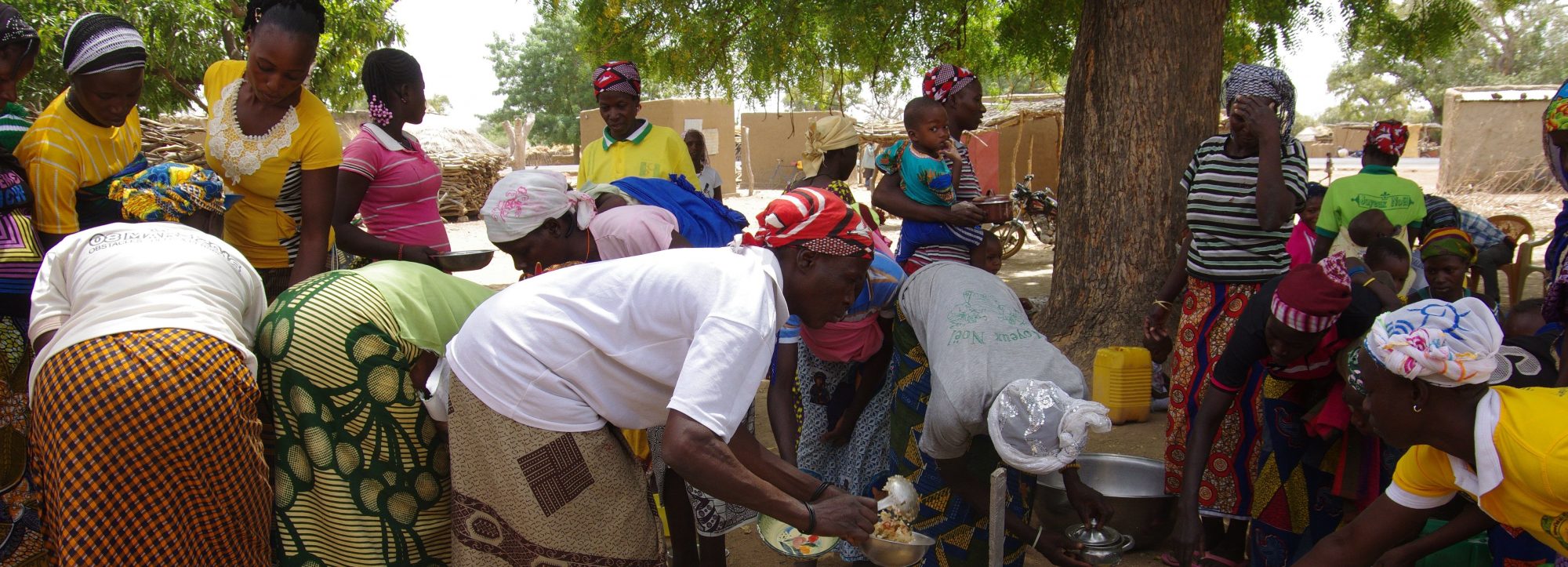
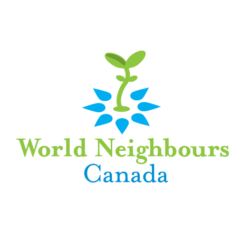

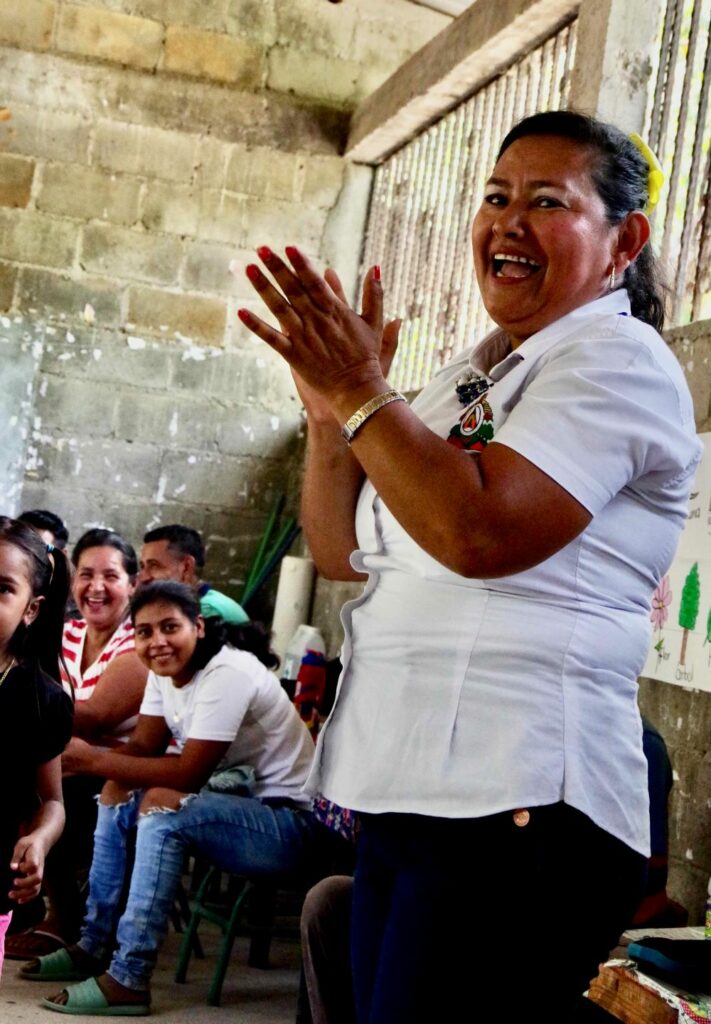
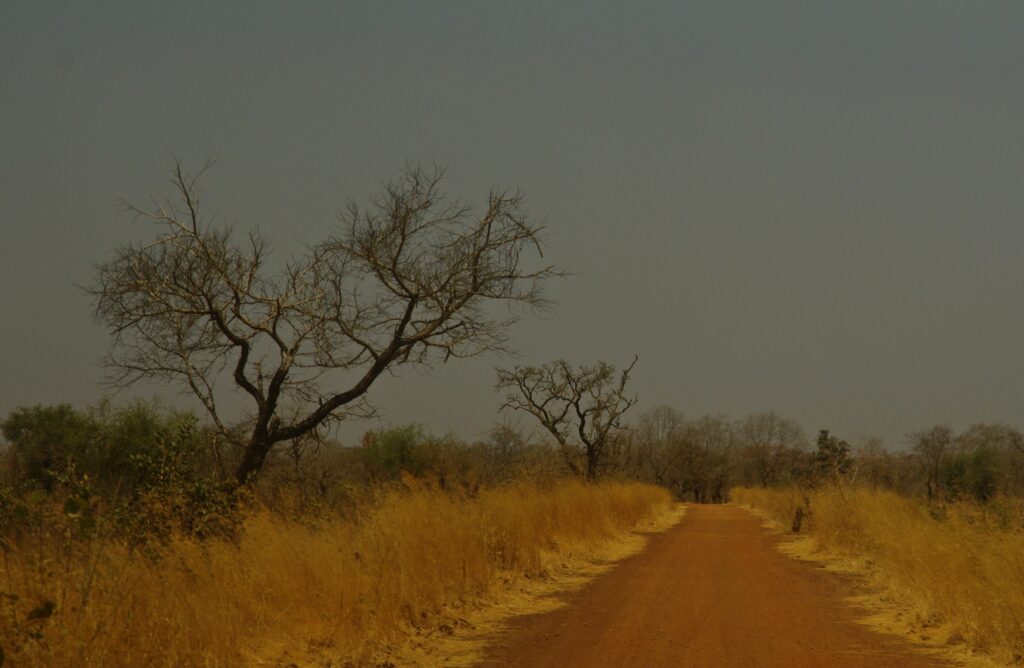 By Bruce Petch, Volunteer Executive Director, World Neighbours Canada
By Bruce Petch, Volunteer Executive Director, World Neighbours Canada WNC recently welcomed to B.C.: Lydia Tapsoba, a Gender Consultant from Burkino Faso . Lydia has worked extensively with our local burkinabe partner, APDC.
WNC recently welcomed to B.C.: Lydia Tapsoba, a Gender Consultant from Burkino Faso . Lydia has worked extensively with our local burkinabe partner, APDC.